Organic products have become the purposeful choice of many consumers who opt for a long and rewarding life. This has given a major boost to organic farming. Production of organic food avoids the use of pesticides, antibiotics and fertilizers. Plants are grown on soils free of chemicals, and 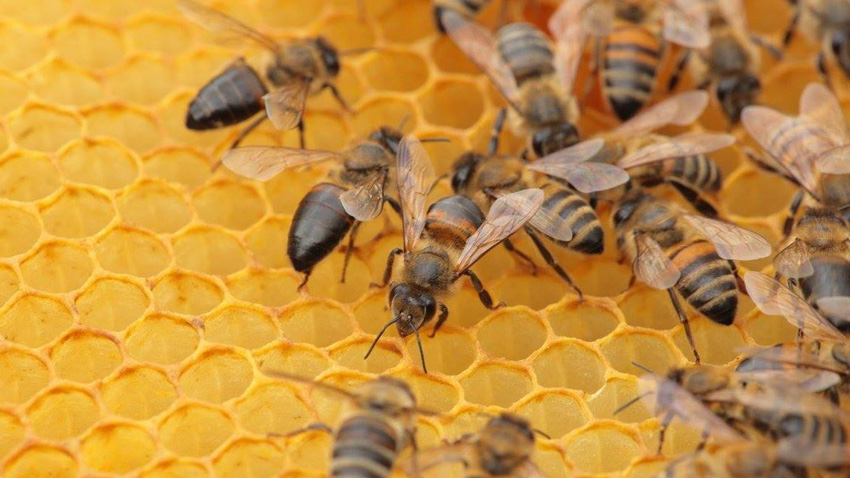 animals consume clean fodder. Besides organic food products go with certificates under European law and are controlled by licensed authorities. Bulgaria's organic farming started in 2001 when the first regulations took effect for this kind of production. Today the country has six thousand licensed farms, processing enterprisers and dealers. In the view of Stoilko Apostolov, CEO of Bioselena Foundation, this shows a good rate of development of a sector that has a bright future.
animals consume clean fodder. Besides organic food products go with certificates under European law and are controlled by licensed authorities. Bulgaria's organic farming started in 2001 when the first regulations took effect for this kind of production. Today the country has six thousand licensed farms, processing enterprisers and dealers. In the view of Stoilko Apostolov, CEO of Bioselena Foundation, this shows a good rate of development of a sector that has a bright future.
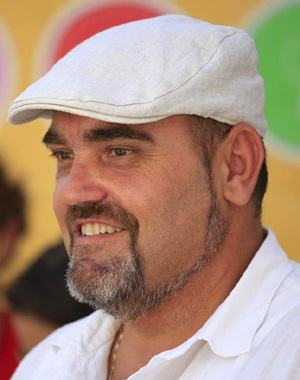 “Certified plots with grain crops top the list with a total area of 118,000 ha. There are many plots with perennial crops, like walnuts for instance due to higher subsidies and relatively small investments. Berry growing has grown rapidly, mostly for exports. A Bulgarian company is the biggest greenhouse vegetables' grower in Europe. The country also produces huge quantities of organic honey. The number of certified animals is also on the rise - two years ago we had only 18 animal farms but today demand for organic eggs and dairy products has grown steadily. For the time being we do not have local organic meat.”
“Certified plots with grain crops top the list with a total area of 118,000 ha. There are many plots with perennial crops, like walnuts for instance due to higher subsidies and relatively small investments. Berry growing has grown rapidly, mostly for exports. A Bulgarian company is the biggest greenhouse vegetables' grower in Europe. The country also produces huge quantities of organic honey. The number of certified animals is also on the rise - two years ago we had only 18 animal farms but today demand for organic eggs and dairy products has grown steadily. For the time being we do not have local organic meat.”
Just like in any emerging sector, organic food producers have a few problems to deal with. Fortunately, they are encouraged with good subsidies by the Rural Development Programme.
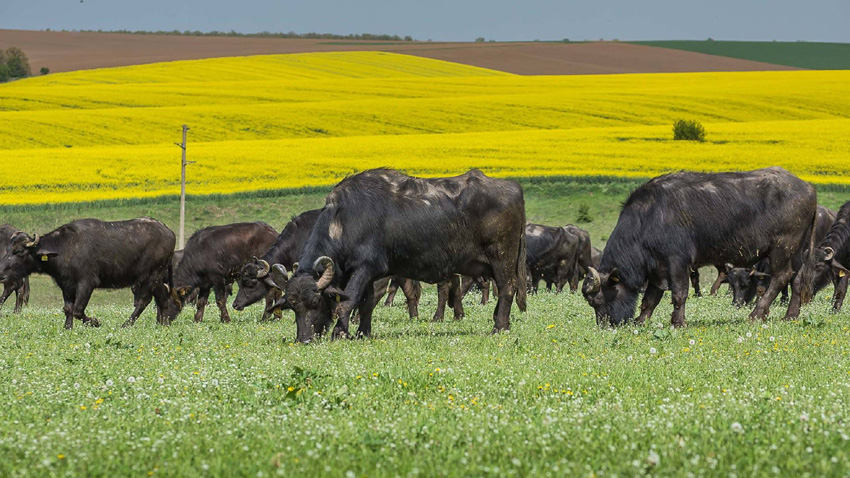
“Problems occur when someone opts for organic farming for the subsidies alone”, says Stoilko Apostolov. “Many farmers think that when they stop using artificial fertilizers and other chemicals they automatically go on the organic side. This is precisely where disenchantment comes, as yields fall drastically, and pests become rife. For the oil yielding rose for instance, the first two years are critical. There is however a very good plan for transition to organic farming, so that people are aware of what they should expect. If we take Sweden, the yields of organic wheat there have almost equaled ordinary wheat yields. So, there is a way for organic farmers to have high yields and profits.”
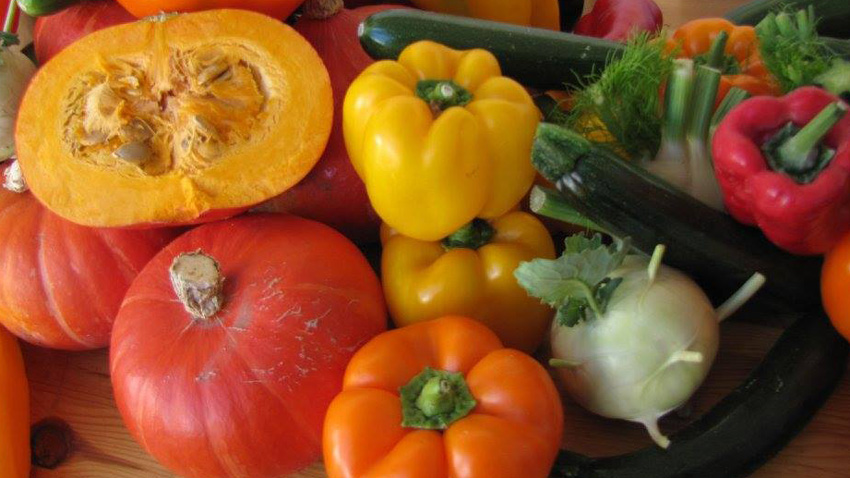 In the context of the veritable avalanche of poor quality and even poisonous foods a few people go into extremes and become slaves of modern mythologies.
In the context of the veritable avalanche of poor quality and even poisonous foods a few people go into extremes and become slaves of modern mythologies.
“Unfortunately, we can see the two extremes available in food stores and restaurants”, Stoilko Apostolov explains. “Only few products are somewhere in between. There are either very cheap and low quality food products or high-quality, almost deluxe ones. This situation in fact mirrors the makeup of Bulgarian society - it has no middle class with medium incomes. This way food producers and retailers try to adapt to demand and to average incomes. Well, one thing is certain and it is that cheap foods are by rule of poor quality.”
Abusing the term “organic” has declined, because there is stringent control, Stoilko Apostolovsays further and recalls the time when he bought 50 products with misleading labeling for just two hours.
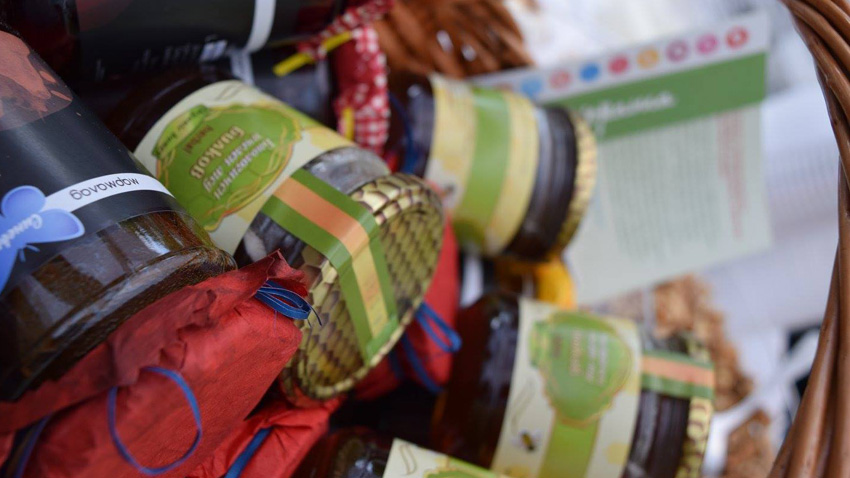
“I see the good food of the future consisting of organic products plus some treats, of course, like foie grasor some excellent wine that should not necessarily be organic”, he concludes. “And this is not a dream, but a trend that will become common reality in 20 years from now.”
English Daniela Konstantinova
Photos: Bioselena FoundationSofia City Hall is planning a light show instead of fireworks for the New Year's celebrations, it's press office announced. The show, which will be part of the programme of the New Year's Concert at Knyaz Alexander I Square, will be designed with..
Bulgarian scientists in Antarctica traditionally celebrate the New Year several times, depending on the presence of foreigners in the base, the head of the Bulgarian Antarctic Expedition, Prof. Dr Christo Pimpirev, told BNR Burgas. One of the..
Bulgarians' assessments of the past year in personal terms differ sharply from their views on the situation in the country and the world , according to a nationally representative survey conducted by polling agency Alpha Research between December 1 and..
Romania becomes the largest natural gas producer in the EU Romania was the largest natural gas producer in the EU in 2024..

+359 2 9336 661
